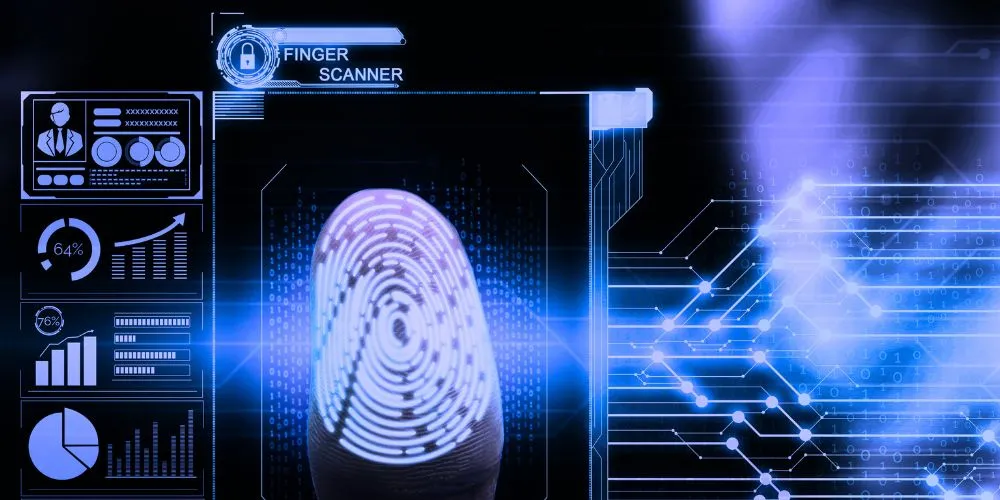Securing personal and professional data becomes increasingly critical as the digital landscape evolves. Biometrics, which leverages unique physical and behavioral traits for identification, is poised to play a significant role in the future of PC hardware. By enhancing security, convenience, and personalization, biometrics is set to revolutionize how we interact with computers.
Enhanced Security
Biometric authentication provides a robust layer of security by relying on individual traits like fingerprints, facial recognition, or iris scans. Unlike passwords, which can be hacked or forgotten, biometric data is unique and difficult to replicate. This makes it a powerful tool for combating unauthorized access, safeguarding sensitive information, and preventing cyberattacks.
Convenience in Authentication
Biometric technology simplifies user authentication, offering seamless login experiences. Features like fingerprint scanners and facial recognition eliminate the need for cumbersome passwords, reducing login times and improving user experience. As PCs integrate biometric sensors directly into hardware, users can enjoy faster, more intuitive access to their devices and accounts.
Driving Personalization
Biometrics can also enhance personalization in PC hardware. For example, facial recognition can adapt settings like screen brightness and user preferences based on the individual logged in. This ensures a tailored experience for each user while maintaining security and efficiency in multi-user environments.
Integration with Multi-Factor Authentication
While biometrics offers significant security benefits, its integration with multi-factor authentication (MFA) further strengthens protection. Pairing biometrics with traditional passwords or hardware tokens creates a layered defense, minimizing vulnerabilities and addressing potential concerns about biometric spoofing. Future PC hardware is likely to standardize this hybrid approach.
Addressing Privacy Concerns
The adoption of biometrics raises questions about data privacy and storage. Ensuring that biometric data is securely stored and encrypted on local hardware rather than being sent to external servers will be vital. Innovations in edge computing and secure enclaves are addressing these challenges, fostering trust in biometric systems.
Conclusion
Biometrics is set to become a cornerstone of future PC hardware, offering enhanced security, convenience, and personalization. As the technology matures, addressing privacy concerns and integrating it with multi-factor authentication will ensure its widespread adoption. In an era of increasing cyber threats, biometric-enabled PCs represent a critical step toward a more secure and user-friendly digital experience. Investing in this technology is an innovation and a necessity for safeguarding our digital future.










